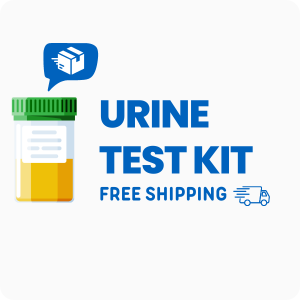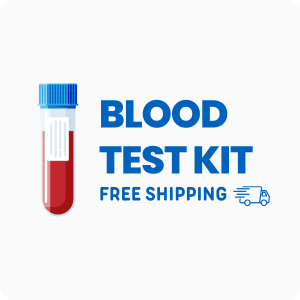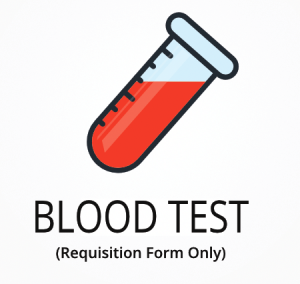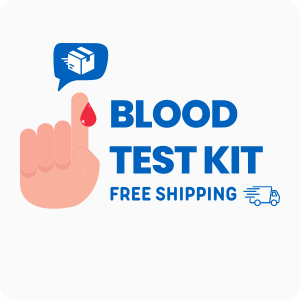Ordering the Osteocalcin Test
Understanding bone health is crucial for maintaining a strong and active lifestyle. The Osteocalcin Test provides valuable insights into bone turnover, helping to assess bone formation and resorption. Interestingly, osteocalcin is not only a marker of bone health but also plays a role in regulating energy metabolism.
Here are some specific benefits of ordering this test:
- Monitors bone health and turnover.
- Assists in diagnosing bone-related conditions.
- Evaluates the effectiveness of osteoporosis treatments.
- Helps in understanding metabolic bone diseases.
- Provides insights into overall bone strength.
Who Should Consider the Bone Health Assessment Test
Individuals experiencing unexplained bone pain or frequent fractures might find this test beneficial. For example, a person noticing a decrease in height over time could use this test to understand potential bone density issues.
Consider these scenarios where the test might be useful:
- Postmenopausal women concerned about osteoporosis.
- Individuals with a family history of bone diseases.
- People undergoing long-term steroid therapy.
- Those with chronic kidney disease affecting bone health.
- Individuals with unexplained weight loss and bone pain.
Ordering this test can provide peace of mind by identifying potential bone issues early. Not ordering could mean missing out on crucial information about bone health, leading to untreated conditions.
Preparing for the Bone Marker Test
Fasting is not required for this test. It’s important to follow your doctor’s instructions regarding any medications or supplements you are taking.
Labs Included When Ordering Your Osteocalcin Blood Test
| Test Name | Reference Range | Significance | Low and High Levels of Osteocalcin |
|---|---|---|---|
| Osteocalcin | 11-43 | Osteocalcin is a protein secreted by osteoblasts and is a marker of bone formation. It helps in understanding the balance between bone formation and resorption. | High levels mean increased bone turnover, possibly indicating bone loss.
Low levels mean reduced bone formation, which may suggest a risk of fractures. |
Reference ranges can vary, so it’s wise to check the Quest Diagnostics lab test directory for the most current information.
Osteocalcin Test FAQ
Is there Osteocalcin testing near me?
You can find nearby draw locations with our patient service center locator, which also offers mobile phlebotomy options. During the collection, a skilled technician will guide you through the process, ensuring a smooth and comfortable experience.
What is the cost of the test?
The cost of the Osteocalcin Test is listed at the top of the page. Pricing includes collection fees when visiting patient service centers, ensuring transparency with no hidden costs.
How often should I retest?
Retesting is generally recommended every 6 to 12 months, especially if you are monitoring bone health or undergoing treatment. Regular testing helps track changes and adjust treatment plans as needed.
How accurate is the test?
The Osteocalcin Test uses an immunoassay method, which is highly specific and sensitive for detecting osteocalcin levels. TrueHealthLabs.com partners only with CLIA-certified labs, ensuring the highest standards of accuracy and reliability.
Medical Review Board
Reviewed by Jeff Donohue M.D. from Body Logic and Brady Hurst DC, CCCN. Written by True Health Lab’s team of editorial health contributors.
Disclaimer: This information is for educational purposes only and not intended as medical advice. Consult your healthcare provider for personalized guidance.
Why Customers Trust True Health Labs - What People are saying
Also rated 4.6 out of 5 based on 3452 ShopperApproved reviews- See all TrueHealthLabs.com reviews.









